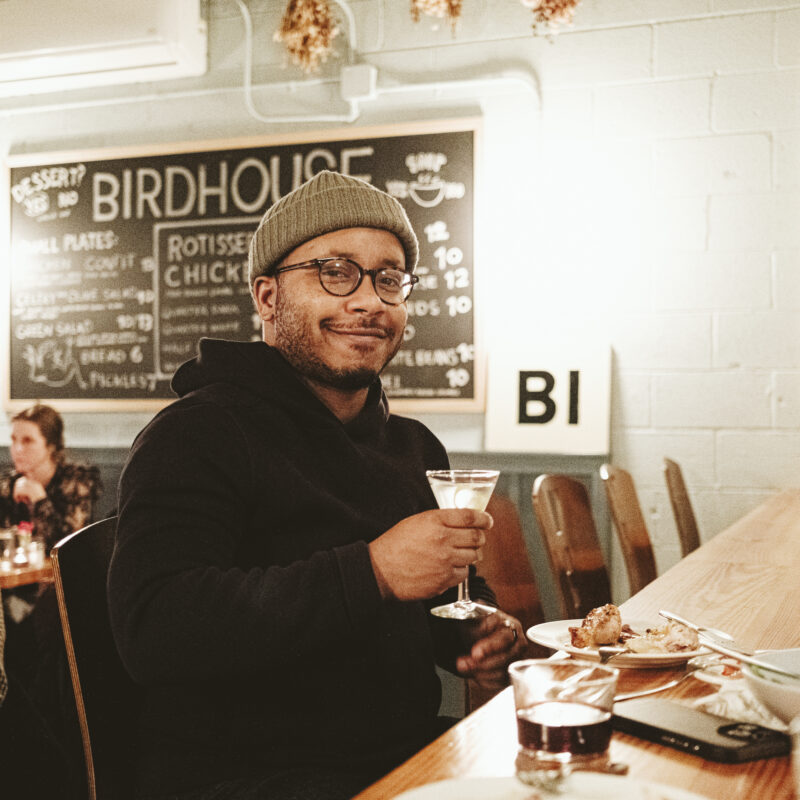Last night, local best-selling author John Grisham hosted Incarceration Nation, the 5th Annual Legal Aid Justice Center fundraiser at the Paramount.
Sen. Jim Webb started the night off with a pre-recorded video address highlighting the issues and problems surrounding the American justice and prison system. According to Webb, there are currently 2.3 million people in jails and prison across the country (a quarter of the world’s jail population), and 5 million are on probation.
Yet, the most startling statistic is the country’s incarceration rate. The United States has an incarceration rate that is five times higher than other developed nations.
“We either have the most evil people in the world or we’re doing something wrong in our criminal justice system,” said Webb.
Although producer and director of Super Size Me Morgan Spurlock wasn’t at the event, one episode of his FX series "30 Days," in which Spurlock spent 30 days in a Henrico County jail, was screened. The documentary was an inside look at life behind bars and the struggle to stay off drugs once released.
In a panel discussion that followed the screening, David Fathi, director of Human Rights Watch, said that three major issues affect the state of the justice system in the U.S. First, there is a mass incarceration of people of color: African-Americans are six times more likely to spent time behind bars than whites.
Second, drug use has been criminalized to a point that has become more of a public health issue. Third, for the same crime, sentencing in the United States is usually much longer than in other countries.
Fathi also said that the annual cost of prison upkeep is about $60 billion, “and that’s just the tip of the iceberg,” he said, referring to the “incalculable,” emotional cost prison brings to the families of inmates.
For R. Dwayne Betts, a recognized poet and author sentenced to nine years in adult prison at age 16, “violence became a natural part of living in prison,” he said, as he recounted his survival as a young inmate.
“I spent most of my time reading,” he said. He has graduated from the University of Maryland and has written a best-selling book, A Question of Freedom, about his experience.
Yet, Helen Trainor, director of the Virginia Institutionalized Persons Project, said that there currently are civil and human rights violations in Virginia prisons.
Correctional officers, she said, are not trained to distinguish the mentally ill inmates from healthy persons.
Prisons and jails have become places where mentally ill individuals spend most of their lives, often unattended and without supervision. About 20 percent of inmates are mentally ill.



